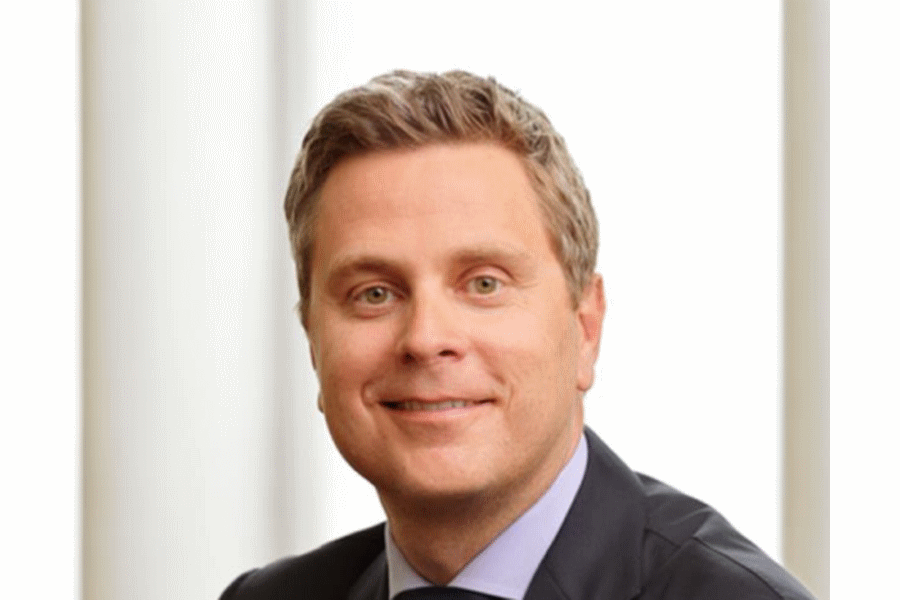Vabysmo vaults into Roche’s top growth spot

The undisputed star of Roche’s pharma portfolio in the first quarter of this year is eye disease therapy Vabysmo, heading for blockbuster territory after posting sales of CHF 432 million ($485 million).
That compares to the CHF 591 million Roche booked from macular degeneration and diabetic macular oedema last year, after it was first approved in the US in January 2022, and is around CHF 100 million ahead of analyst estimates.
There could be a lot more in the tank as well, after Vabysmo (faricimab) generated impressive results in a third indication – retinal vein occlusion (RVO) – which affects around 17 million people worldwide.
The strong performance helped Roche to a forecast-topping CHF 11.7 billion in pharma sales in the period, to the delight of new chief executive Thomas Schinecker, who took the helm from long-serving CEO Severin Schwann last month.
Schinecker said that Vabysmo has “already become our strongest growth driver just a year after its launch,” backed up by multiple sclerosis therapy Ocrevus (ocrelizumab), Hemlibra (emicizumab) for haemophilia, spinal muscular atrophy therapy Evrysdi (risdiplam), and cancer immunotherapy Tecentriq (atezolizumab).
Collectively, those products grew CHF 1.1 billion in the quarter, more than offsetting a CHF 330 million decline in the sales of legacy biologics Herceptin (trastuzumab), MabThera/Rituxan (rituximab), and Avastin (bevacizumab), which continued to contract in the face of biosimilar competition.
It wasn’t all a rosy picture, with a sharp decline in COVID-19 product sales across Roche’s pharma and diagnostic divisions expected this year of around CHF 5 billion, setting the company on course for a single-digit decrease in group sales for the full year.
Pipeline setbacks
There were a few pipeline disappointments to report as well, including the decision to abandon the phase 3 IMpassion030 trial of Tecentriq plus paclitaxel as adjuvant treatment for triple-negative breast cancer (TNBC), after an interim analysis found it was futile to continue.
Roche also halted a phase 3 trial of Tecentriq with cabozantinib in advanced renal cell carcinoma, and a phase 2 study of zinpentraxin alfa (PRM-151) – acquired along with Promedior for $390 million upfront in 2020 – in patients with myelofibrosis.
The recombinant human pentraxin-2 (PTX-2) drug is no longer listed in Roche’s R&D pipeline, and was previously in development for idiopathic pulmonary fibrosis (IPF), as well as Crohn’s disease.
The quarter also saw three candidates removed from phase 1, including two MAGE-A4 directed drugs for solid tumours and a drug for the eye disease geographic atrophy.













